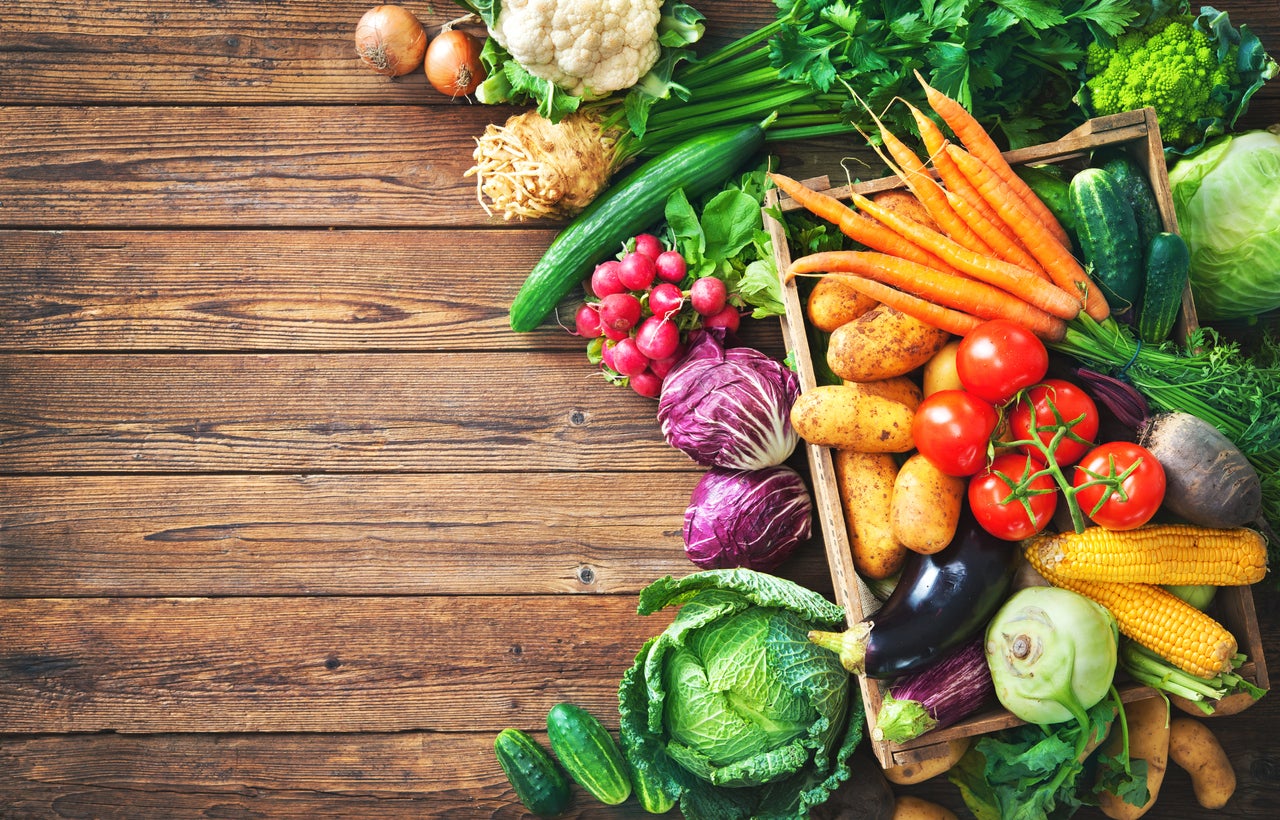What Is Olericulture: Information On The Science Of Vegetable Growing


Sign up for the Gardening Know How newsletter today and receive a free copy of our e-book "How to Grow Delicious Tomatoes".
You are now subscribed
Your newsletter sign-up was successful
Those who study horticulture may be looking for information about olericulture. Some may be familiar with this term, but many others may be wondering “what is olericulture?”.
Science of Vegetable Growing
Olericulture information says this is the area of horticulture that deals with growing vegetable plants for food. Food identified as vegetables are mostly annual, non-woody plants from which we harvest a crop.
Classifications for the science of vegetable growing sometimes vary in this aspect of horticulture from what we’ve already learned. In this area of expertise, for instance, the tomato is labeled a vegetable instead of a fruit. This assists in providing growing instructions and processing, as well as sales and marketing.
Importance of Olericulture
As an industry, horticulture is split through types of crop and plant use. This split allows us to participate and find information in individual areas. Olericulture, the science of vegetable growing, concentrates on edibles that are annuals mostly, although some perennials are deemed vegetables too, such as rhubarb.
Pomology is the science of producing and marketing seed-bearing fruit that grows on woody perennial plants such as trees, vines, and bushes. This allows us to concentrate on separate areas according to our needs and uses.
There are also areas for floriculture, nursery crop culture, and landscape culture. Not only are plants divided for growing, marketing, and sales techniques, but jobs are often categorized by these classifications. The amount of hand labor necessary to get vegetables harvested and to market in a timely manner are a large part of this science.
Olericulture plant history started in this form, by the importance of feeding the people. Spices, such as cinnamon, vanilla, and coffee are usually in a separate category. Medicinal plants are categorized separately, as well.
Sign up for the Gardening Know How newsletter today and receive a free copy of our e-book "How to Grow Delicious Tomatoes".
Edible root crops, such as potatoes and carrots, are included in the vegetable-growing area of horticulture. Soil, watering, and fertilizer are addressed in depth through much of olericulture information.
Now that you’re familiar with the term, use it when looking for specialized information about unusual crops you might be growing.

Becca Badgett was a regular contributor to Gardening Know How for ten years. Co-author of the book How to Grow an EMERGENCY Garden, Becca specializes in succulent and cactus gardening.